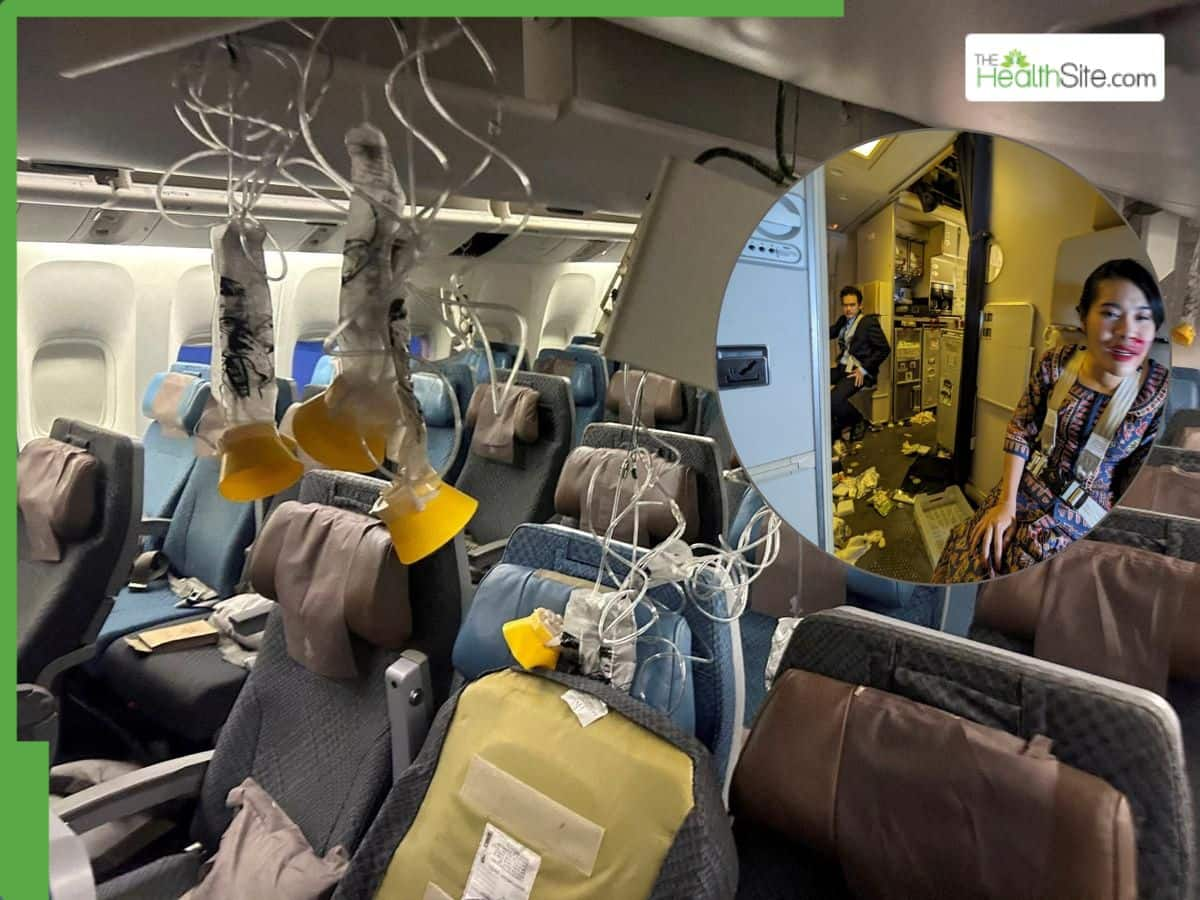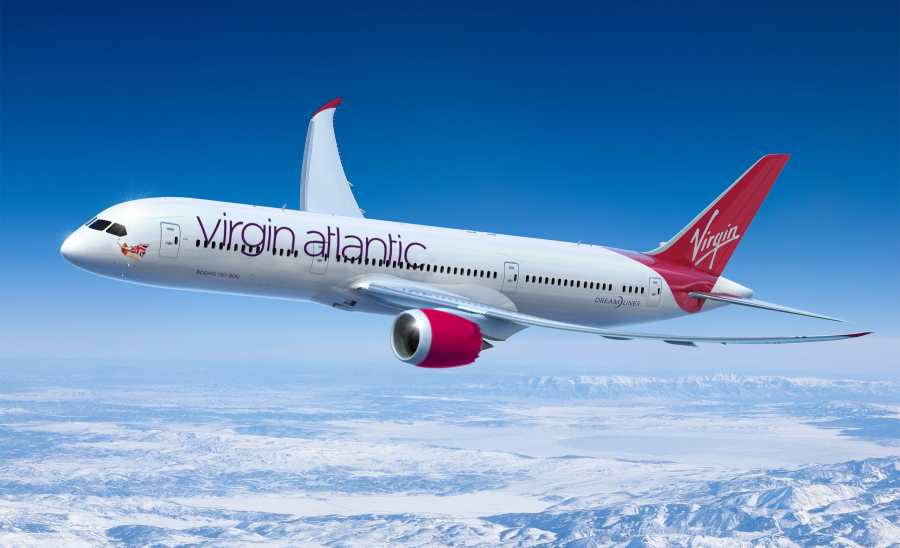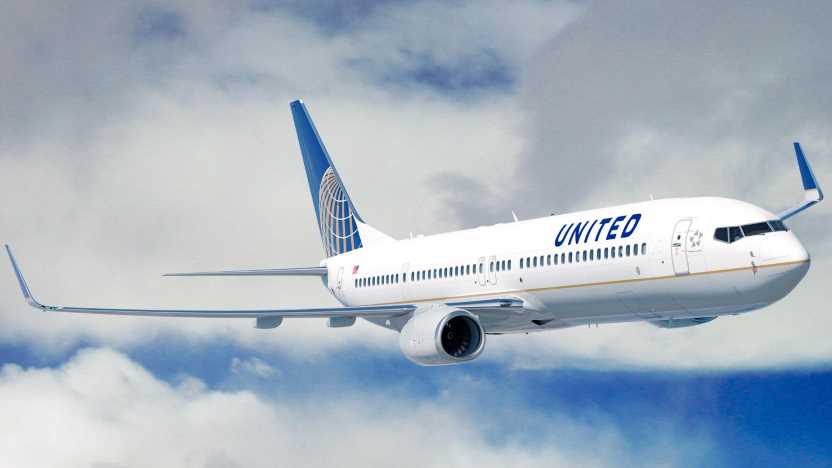Spain Accelerates Aviation Innovation with Air Europa's Cutting-Edge Boeing 737 MAX 8 Fleet Expansion Transforming Domestic and Continental Travel - Travel And Tour World
Saturday, May 24, 2025

Air Europa is transforming Spain’s aviation landscape by introducing the advanced Boeing 737 MAX 8 aircraft, a move designed to boost efficiency, enhance passenger experience, and expand connectivity across domestic and continental routes. This bold fleet upgrade reflects the airline’s commitment to sustainability and growth, positioning it as a leader in Spain’s competitive air travel market.
On May twenty-second, Air Europa marked a pivotal milestone by welcoming its very first Boeing 737 MAX 8 into its fleet. The aircraft, registered as EC-OGS, completed its journey from Boeing’s Seattle facility, making a technical stop in Glasgow before finally touching down at Air Europa’s main base in Madrid. This event signifies not only a modernisation effort for the Spanish carrier but also the debut of this advanced aircraft type registered in Spain.
The newly acquired Boeing 737 MAX 8 is configured in a single-class layout, seating one hundred eighty-nine passengers. Compared to the older 737-800 models that currently dominate Air Europa’s short- and medium-haul operations, the MAX 8 offers significant improvements. Its advanced engines and aerodynamic enhancements provide better fuel efficiency and extended range capabilities. These upgrades will allow Air Europa to operate more cost-effectively while reducing its environmental footprint.
With this aircraft, the airline plans to reinforce its medium-haul continental network, connecting Spanish cities with other European and nearby destinations. Additionally, as the fleet grows, the MAX 8 will begin serving short-haul domestic routes, enhancing operational flexibility.
Air Europa’s acquisition of the EC-OGS is just the start of a broader fleet renewal plan. The airline has entered a lease agreement with AerCap, one of the world’s leading aircraft leasing companies, to bring twenty Boeing 737 MAX 8 jets into service. Following this initial delivery, the airline anticipates receiving three more aircraft within 2025. The majority of the order—twelve jets—will be delivered in 2026, with the final batch arriving in 2027.
This phased delivery aligns with Air Europa’s objective to gradually phase out older aircraft models and transition towards a more modern, fuel-efficient fleet. Currently, the airline operates twenty-six Boeing 737-800s, which have served as the backbone of its short- and medium-haul flights for years.
Air Europa operates a fleet comprising fifty-four Boeing aircraft, maintaining a strong preference for the manufacturer’s models. Alongside the single-aisle 737 series, the airline’s long-haul operations rely heavily on twenty-seven Boeing 787 Dreamliners. These wide-body jets primarily connect Madrid to destinations across Latin America, underscoring Air Europa’s strategic emphasis on transatlantic routes.
The Dreamliners are known for their passenger comfort and fuel efficiency, complementing the airline’s sustainability goals. The ongoing introduction of 737 MAX 8s complements this long-haul fleet modernization by upgrading the short- and medium-haul sectors with similarly advanced technology.
Air Europa is a leisure-focused airline owned by Globalia, a major Spanish tourism group. Over recent years, it has attracted attention from larger airline conglomerates interested in acquisition or strategic partnerships.
A notable attempt involved the International Airlines Group (IAG), parent company of British Airways and Iberia. IAG expressed interest in acquiring Air Europa to strengthen its position in the European and Latin American markets. However, this deal ultimately did not materialize, with negotiations falling through for reasons not officially disclosed.
More recently, reports emerged that Air France-KLM and Lufthansa were exploring a potential investment in Air Europa, aiming to acquire up to twenty percent of the airline’s shares. This initiative could foster closer cooperation between the three carriers, enabling joint ventures, expanded route networks, and operational synergies.
However, according to Spanish media sources, these discussions were put on hold due to disagreements over the airline’s valuation. The Hidalgo family, which controls Air Europa through Globalia, reportedly set a price tag of approximately one billion euros for the stake. Both Air France-KLM and Lufthansa found this valuation too steep and consequently paused the negotiations.
Air Europa’s fleet renewal through the Boeing 737 MAX 8 represents a critical step toward sustaining competitiveness amid an increasingly challenging aviation environment. Airlines worldwide are prioritizing fuel efficiency and sustainability as cost pressures and environmental regulations intensify.
By integrating the latest aircraft technology, Air Europa aims to reduce operating expenses, lower carbon emissions, and improve passenger experience—key factors that influence market share in Europe’s highly competitive short- and medium-haul sectors.
Meanwhile, the ongoing talks with major European airline groups indicate that Air Europa remains an attractive strategic partner or acquisition target, despite recent valuation disagreements. Any future partnership or investment could reshape the airline’s growth trajectory, providing access to broader networks and operational expertise.
Air Europa is reshaping Spain’s aviation future by adding the fuel-efficient Boeing 737 MAX 8 to its fleet. This upgrade strengthens the airline’s network and commitment to sustainable, modern air travel.
The arrival of the Boeing 737 MAX 8 into Air Europa’s fleet marks a significant advancement in the airline’s modernization and sustainability efforts. With plans to expand the fleet over the coming years through a substantial leasing agreement with AerCap, the Spanish carrier is positioning itself for greater efficiency and market presence.
Simultaneously, its all-Boeing fleet strategy, complemented by a strong long-haul presence via Boeing 787 Dreamliners, demonstrates a commitment to operational consistency and passenger comfort. While potential partnerships with industry giants like Air France-KLM and Lufthansa remain uncertain due to valuation challenges, the interest signals Air Europa’s continued importance in European and transatlantic aviation markets.
As Air Europa navigates fleet expansion and potential alliances, it will be critical for the airline to balance modernization with strategic partnerships to secure a robust future in a dynamic global aviation landscape.











